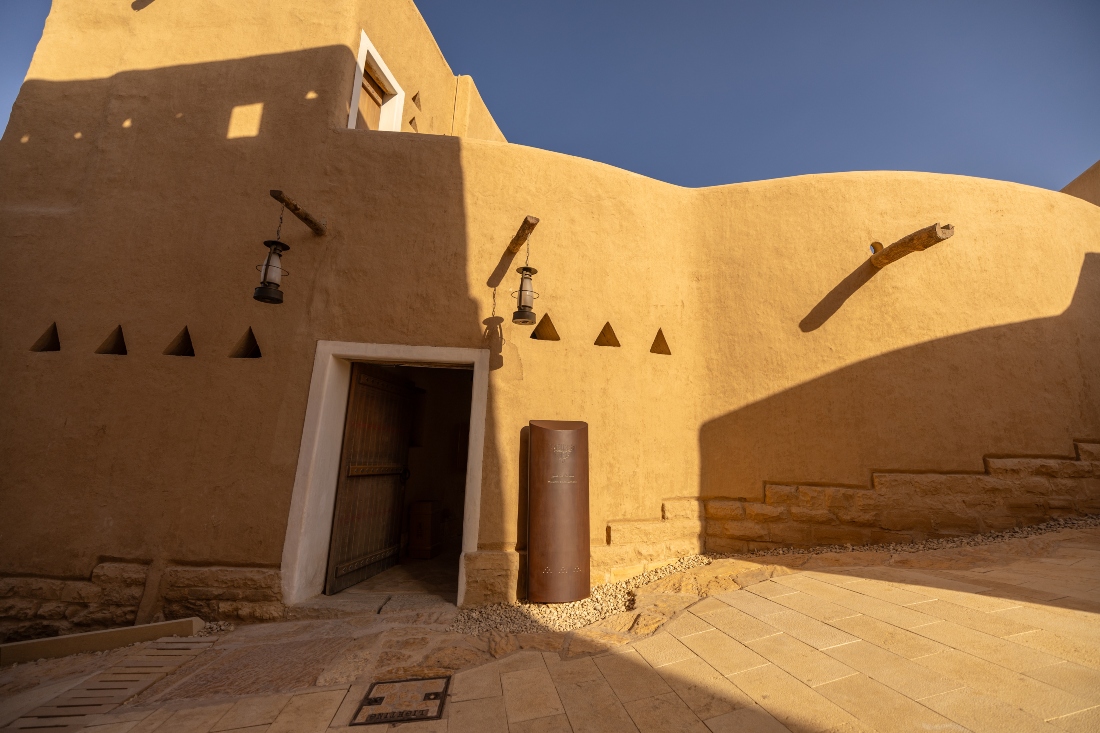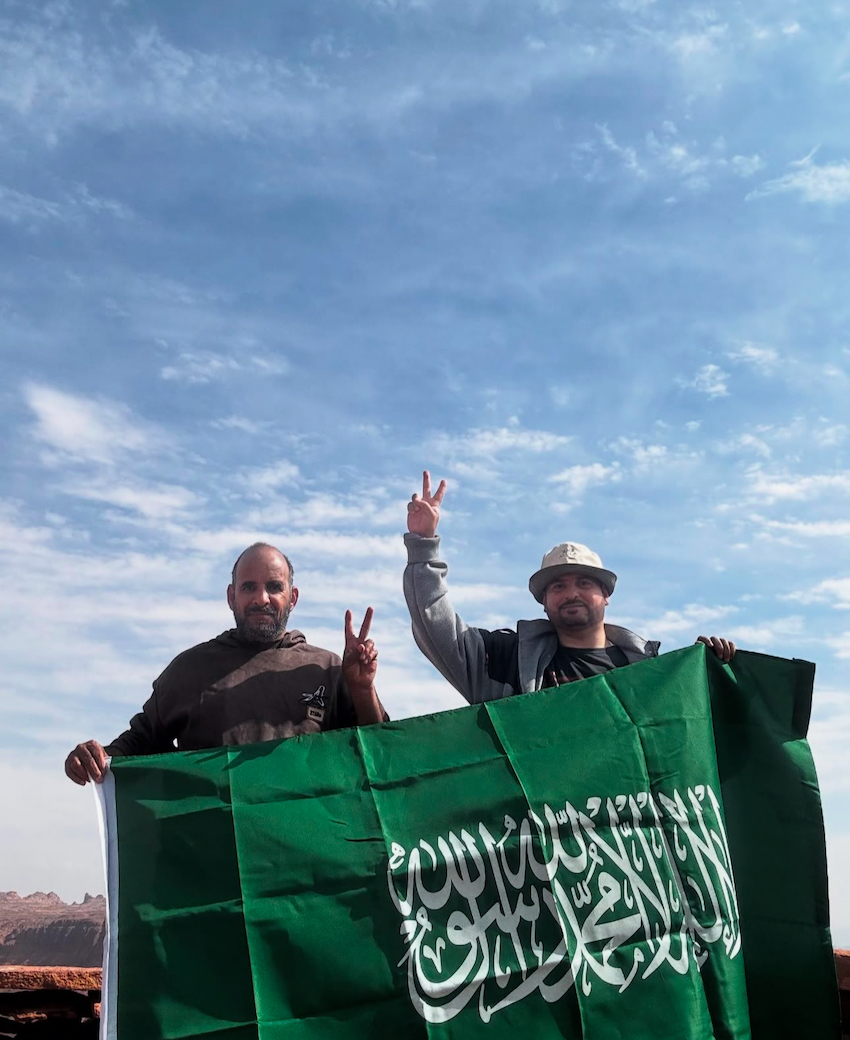RIYADH: Princess Modhi bint Sultan bin Abi Wahtan, who touched the lives of many through her charitable acts, was one of the best-known figures of the First Saudi State, renowned for her philanthropy, generosity and commitment to education.
“In the rich tapestry of the Arabian Peninsula’s history, few figures stand as prominently as Princess Modhi bint Sultan, one of the most influential women of Diriyah and Saudi Arabia,” Faisal Al-Amer, research management and validation senior manager at the Diriyah Gate Development Authority, told Arab News.
“Princess Modhi’s impact during the formation of the First Saudi State in 1727 was both tangible and transformative.”
As the wife of Imam Mohammed bin Saud, the founding father of the First Saudi State, and mother of Imam Abdulaziz, its second imam, Princess Modhi’s influence extended far beyond her familial roles; her legacy and influence live on in through the history of the community center known as Sibalat Modhi, of which she was patron.
Sibalat Modhi provided charitable accommodation for merchants, pilgrims and wayfarers, complete with facilities for their livestock, including camels and horses, and secure storage for their merchandise and trading goods. All classes of society, especially travelers and the needy in Diriyah, benefited from the charity it offered, Al-Amer said.
Princess Modhi also actively contributed to educational initiatives and “was renowned for her exceptional religious knowledge and deep understanding of Islamic law,” he added.
“She played a pivotal role in early education during the First Saudi State, challenging the notion that learning was exclusively male-dominated.”

Sibalat Modhi provided charitable accommodation for merchants, pilgrims and wayfarers, complete with facilities for their livestock. (Supplied by DGDA)
Sibalat Modhi evolved into a “center of learning” that provided opportunities even for students from outside the Arabian Peninsula to study in Diriyah.
“A distinctive feature was its southern mosque, which served not only as a place of worship but also as a center for religious education,” Al-Amer said.
The center also provided resources such as books and manuscripts for students, as well as financial assistance and accommodation for the diverse group of scholars who traveled to it. Its location within At-Turaif district, the First Saudi State’s historic seat of governance and royal residence, reflected the important role it played in Saudi society.
Sibalat Modhi exemplified the “enduring values of generous giving, compassion for those in need, social cohesion, and the nurturing of strong community bonds that have characterized Saudi society from its founding to the present day,” Al-Amer said.
In addition to her charitable accomplishments, Princess Modhi was also a close confidante for her husband, Imam Mohammed.
“Her role during the state’s establishment was undeniably significant, as she provided steadfast support and valuable counsel,” Al-Amer said.
“Her position as a special advisor to Imam Mohammed bin Saud proved particularly crucial during the challenging formative period of the Saudi state.”
Her guidance “proved instrumental in molding Abdulaziz’s leadership qualities, leaving an enduring impact on his character as a ruler,” he added.

































